What is the first thing to mention when you start writing?
When teachers ask for “my hometown essay in English,” most students freeze after the first sentence. The easiest way to break the ice is to **name the place and its exact location**.
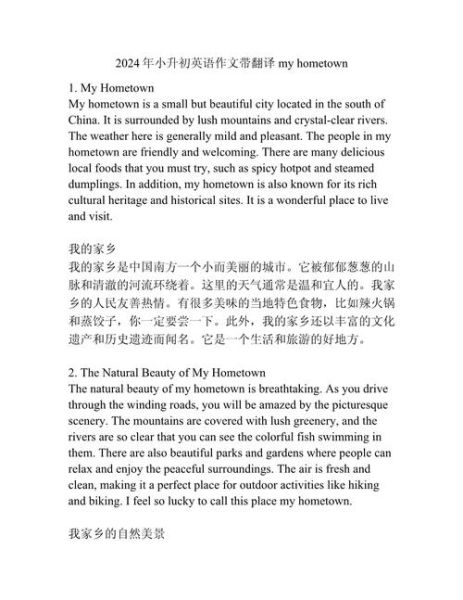
- Example opener: “My hometown, Jingdezhen, sits quietly in the northeastern corner of Jiangxi Province, China.”
- Why it works: Readers instantly know where on the globe they should place their mental pin.
How can you make the geography vivid without sounding like a textbook?
Rather than listing latitude and longitude, **translate numbers into feelings**.
- Instead of “29° N,” write: “The sun climbs almost overhead even in early May, so the shadows we cast at noon are as short as a toddler’s temper.”
- Instead of “humid subtropical,” write: “Summers feel like breathing through a warm, wet towel, while winters slip in quietly, thin and sharp as rice paper.”
Which cultural details make a hometown unforgettable?
Ask yourself: What do visitors always photograph first?
- Signature craft: Jingdezhen’s porcelain kilns have fired clay for 1,700 years; the air still smells faintly of kaolin dust after a rainstorm.
- Local food: Breakfast stalls sell “cold rice noodles tossed with chili oil and pickled radish” faster than you can say “good morning.”
- Festival moment: During the Mid-Autumn Festival, every courtyard glows with handmade dragon lanterns whose scales are tiny porcelain discs that clink like wind chimes.
How do you weave personal memories into the description?
Readers crave **specific, sensory snapshots**.
- Smell: “Grandma’s kitchen always carried the faint sweetness of lotus seeds simmering in rock sugar.”
- Sound: “At dawn, bicycle bells rang like impatient sparrows, warning sleepy dogs off the narrow alley.”
- Touch: “I still feel the cool, smooth curve of the porcelain teacup my father let me glaze when I was seven; the cobalt dragon I painted is crooked, but it guards my memory.”
What structure keeps the essay flowing smoothly?
Try the **“Zoom Lens” method**:
- Wide shot: Start with the city’s skyline or river bend.
- Medium shot: Move to the neighborhood street where you learned to ride a bike.
- Close-up: End on a single object—an old ferry ticket, a cracked rice bowl—that symbolizes home.
How do you avoid clichés like “beautiful scenery” or “friendly people”?
Replace generic praise with **precise evidence**.
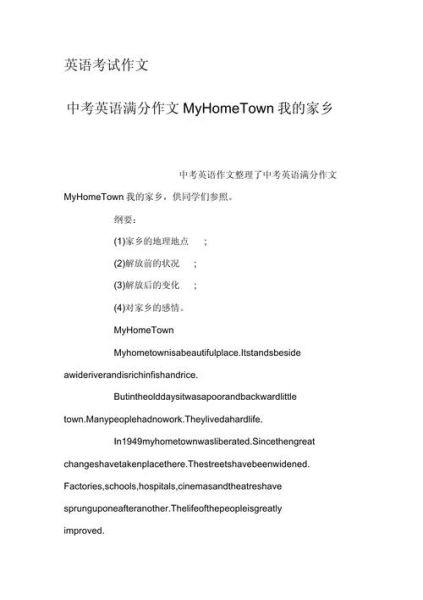
- Instead of: “The people are friendly.”
- Write: “Mrs. Wu at the corner store remembers every child’s birthday and slips a single white rabbit candy into their hand before the school day begins.”
Can you include historical facts without boring the reader?
Yes—**tether history to a living moment**.
“When I cycle past the ancient Zhushan kiln, I sometimes hear the echo of Ming-dynasty workers chanting as they stacked saggars. The bricks are blackened now, but if you press your palm against them at noon, they still hold the kiln’s last fever.”
How do you end the essay so it lingers?
End with **a question or a promise** rather than a summary.
- Question: “If one day the kilns fall silent, will the city still hum with the same porcelain heartbeat?”
- Promise: “One day I will glaze a teacup the exact blue of the evening sky over the Chang River and mail it back to the alley where my story began.”
Full sample paragraph for inspiration
My hometown, Jingdezhen, is not just a dot on the map but a kiln-warmed heartbeat beneath the ribs of China. Dawn breaks over the Chang River like a porcelain bowl cracked by sunlight; fishermen cast nets that shimmer like cobalt glaze. By seven o’clock, the scent of steaming rice noodles drifts through alleyways so narrow that neighbors can shake hands across them from opposite windows. At the old Dragon Kiln, artisans still turn clay the way their grandfathers did—barefoot, sleeves rolled high, humming folk songs that sound like spinning wheels. When I was ten, my father lifted me onto a saggar to watch the firing; the heat painted my cheeks the color of terracotta warriors, and I understood that history is not locked in museums but baked into every cup we drink from. Even now, thousands of miles away, I keep a single shard of blue-and-white porcelain in my pocket; when homesickness strikes, I rub its smooth edge and feel the pulse of Jingdezhen travel up my arm like warm tea.
Quick checklist before you submit
- Does the first sentence name the place?
- Have you used at least three senses?
- Is there one concrete object that symbolizes home?
- Did you avoid “very,” “really,” and “beautiful”?
- Does the last line leave the reader breathing the air of your town?
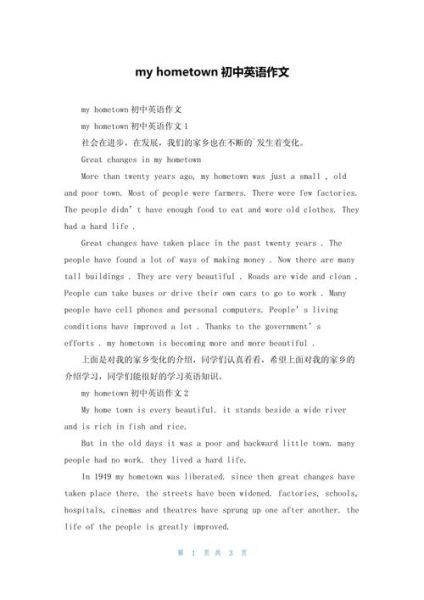


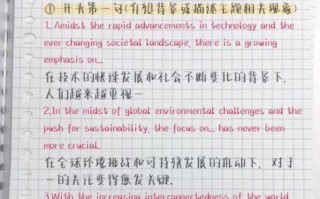


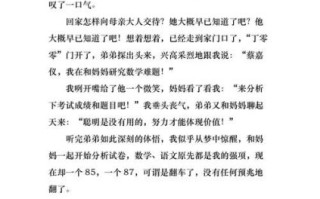

还木有评论哦,快来抢沙发吧~